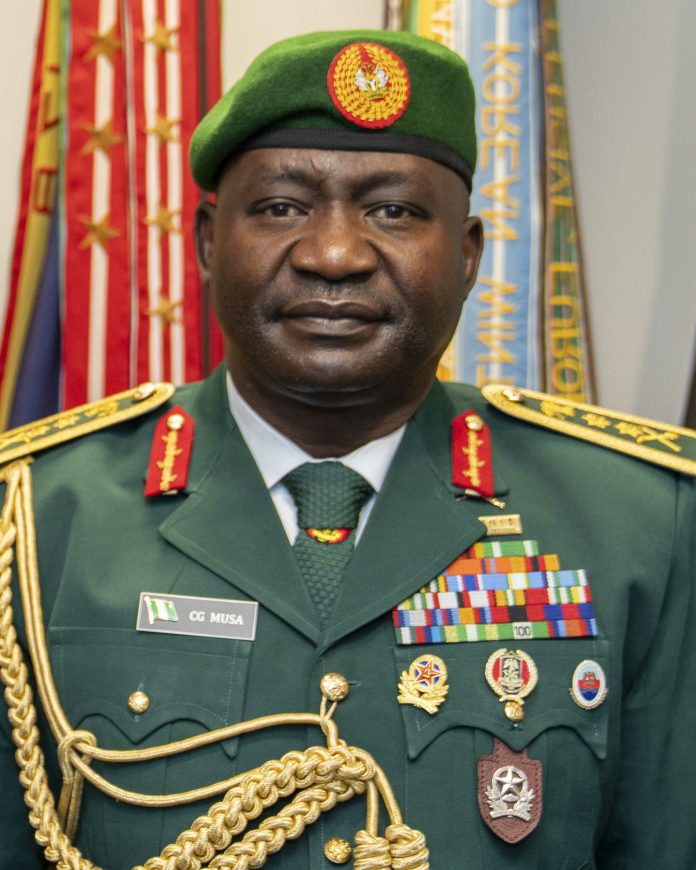THE comments by Nigeria’s Chief of Defence Staff (CDS), General Christopher Musa, urging the media to refrain from giving extensive coverage to protests by certain groups during the recent #EndBadGovernance demonstrations by youths, have sparked significant concern. General Musa’s remarks suggest that the media should limit the coverage of such events, arguing that doing so would prevent these groups from seeking undue attention and engaging in destructive behaviour. However, this perspective raises fundamental questions about the role of the media in a democratic society, the rights guaranteed by the Nigerian Constitution, and the appropriate boundaries between military authority and civilian freedoms.
The Nigerian Constitution, in Section 39 of the 1999 Constitution of the Federal Republic of Nigeria, explicitly guarantees the freedom of communication and expression, including through various electronic media and published materials. This provision is not merely a suggestion; it is a foundational element of democracy. The media’s role is to inform, educate, and engage the public on matters of national importance. By providing coverage of protests, the media fulfilled its duty to keep citizens informed about the state of governance, public sentiment, and the exercise of civil rights.
General Musa’s comments appear to challenge this constitutional mandate. His assertion that the media should not cover protests because “some people just want to be on the screen” not only undermines the media’s role but also risks infringing on the public’s right to be informed. In a democracy, it is the media’s responsibility to showcase and educate Nigerians about events as they unfold, whether those events are celebratory, contentious, or even chaotic.
The Nigerian media has played a pivotal role in the nation’s history. From the fight against colonial rule to the advocacy for democracy and the eventual return to civilian governance, the media has been a crucial player in shaping Nigeria’s national identity and political landscape. The press has served as the voice of the people, challenging injustices, holding leaders accountable, and ensuring that the principles of democracy are upheld. To suggest that the media should retreat from its duty to cover protests and other forms of public dissent is to disregard this rich history. The press has long been a bulwark against authoritarianism, and its ability to operate freely is essential for the health of the nation’s democracy.
The primary role of the military, as defined by the Nigerian Constitution, is to defend the nation against external threats and to protect its sovereignty. The military is not tasked with regulating the flow of information or determining what the media should or should not cover. The suggestion by the Chief of Defence Staff that the media should limit its coverage of protests veers dangerously close to an overreach of military authority into the domain of civilian freedom. General Musa’s comments represent an unwarranted intrusion into the media’s role and an attempt to stifle the freedom of the press. Such statements from a high-ranking military official are not only inappropriate but also risk undermining the very democratic principles that the military is sworn to protect. The CDS should offer a public apology to the Nigerian media, acknowledging the vital role that the press has played—and continues to play—in the nation’s history.
The media must remain steadfast in its commitment to reporting the truth, regardless of the pressures it may face from those in positions of power. The right of the press cannot and should not be subverted by military authority or any other force. The press must not be intimidated by unsolicited advice from those who do not fully understand or appreciate the media’s role in a democratic society. The military’s focus should remain on its primary duties—defending the nation, ensuring security, and addressing internal threats. The press, on the other hand, should continue to operate as the watchdog of society, holding those in power accountable and ensuring that the voices of all Nigerians, including those who protest against perceived injustices, are heard.


